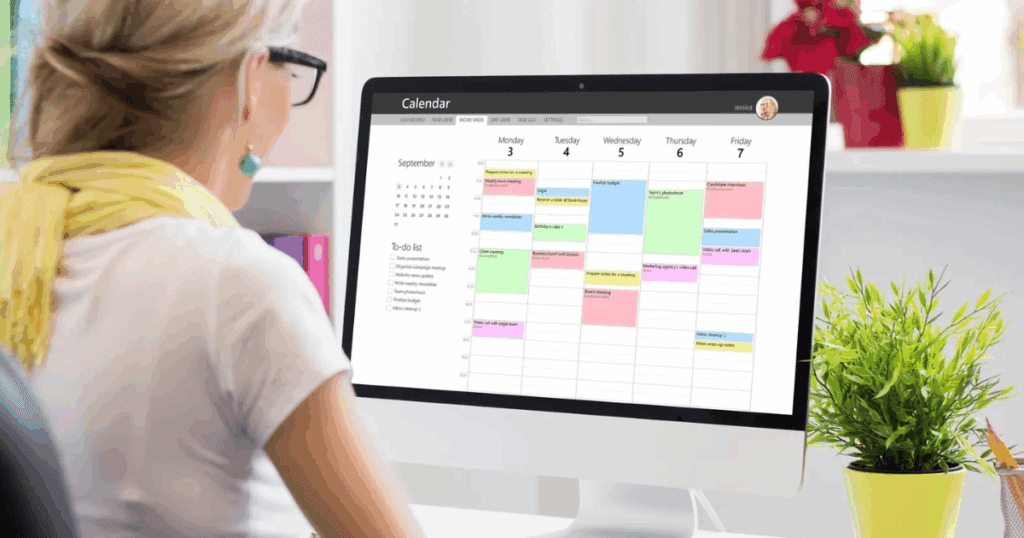
In property management, time is everything. Missed appointments, inspections, or renewal deadlines can lead to unhappy tenants, legal issues, or lost income.
That’s why having a well-managed calendar is so important—and as a Virtual Assistant, you can play a key role in keeping everything on track.
Why calendar management matters in property management:
Keeps inspections, showings, and repairs on schedule
Helps avoid missed deadlines for lease renewals or notices
Ensures vendors and maintenance teams are booked properly
Keeps communication organized between tenants and the PM team
Makes sure no two tasks overlap or fall through the cracks
In short, a strong calendar system keeps the whole team running smoothly.
Common things to schedule in PM:
Lease start and end dates
Renewal and non-renewal notices
Property showings or tours
Maintenance appointments
Routine inspections
Move-in/move-out walkthroughs
Vendor visits (cleaning, pest control, repairs)
Team meetings or check-ins
Utility shut-off/start dates
Tips for managing a PM calendar effectively:
Use a shared calendar tool
Google Calendar is a favorite because it’s easy to share and sync across devices. You can also color-code events by type (e.g., blue for inspections, green for leasing, orange for maintenance).Add reminders and alerts
Don’t just set the event—add a reminder 1–2 days before. For important tasks like renewals or move-outs, you can even set multiple alerts.Include all important details in the invite
Each calendar event should include:Property name and address
Who’s involved (tenant, vendor, team member)
Time and duration
Task or reason (e.g., “Move-Out Walkthrough – Unit 205”)
Any special notes (e.g., “Bring lockbox key”)
Avoid double-booking
Always check before scheduling to make sure there are no conflicts. Use the “Find a Time” or “Suggested Time” features in Google Calendar if you’re inviting multiple people.Confirm and follow up
Before appointments (especially with tenants or vendors), confirm the time via email or message. After the event, check if anything needs to be noted or followed up.Create a routine
Some events should repeat monthly or quarterly—like inspections or team check-ins. Set them as recurring events so you don’t forget.Keep things updated
Calendar management only works if it’s accurate. If someone cancels or reschedules, update the calendar right away and notify those involved.
Tips for VAs:
Always check your client’s preferred calendar setup
Ask if you should handle invites, reminders, and confirmations
Keep a personal checklist if you’re managing calendars for multiple team members or properties
Use clear naming formats for events: “Inspection – 123 Maple St – May 20 @ 3 PM”
Final thoughts:
Good calendar management is more than just adding events. It’s about helping your team stay organized, avoid stress, and deliver a better experience for tenants and owners. By staying on top of scheduling and making sure nothing gets missed, you become an essential part of your client’s success.
